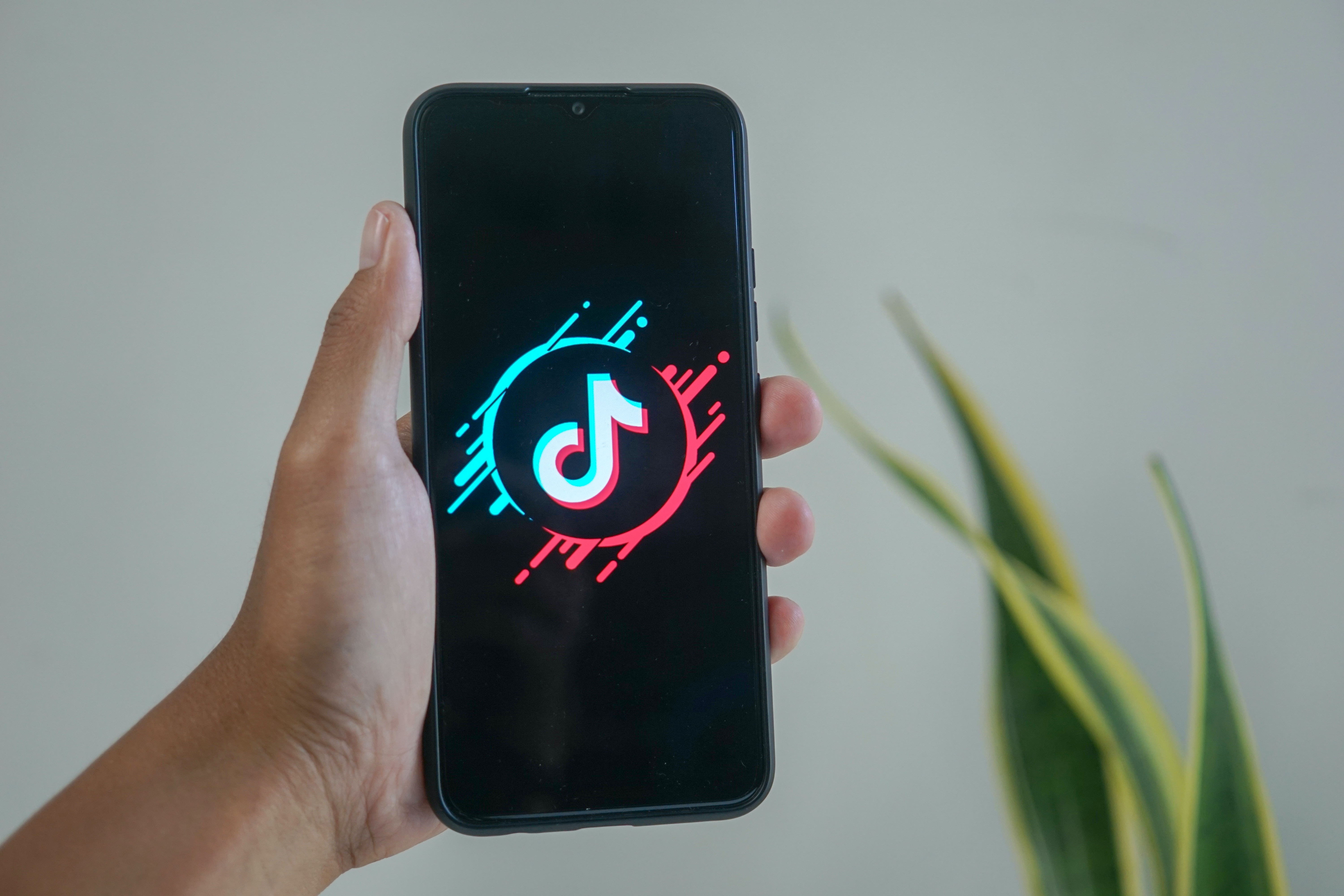
TikTok is a social media platform owned by ByteDance, which with its revolutionary format has managed to develop into a competitor of social networks such as Meta with Facebook and Instagram. This year, it will see an approximate 11.6% increase in users, which is double that of Snapchat or Instagram. The format of short videos that can be scrolled has been taken over by YouTube under its Shorts and Instagram under its Reels. Users find watching these short videos addictive and can spend several hours a day on TikTok. The question of who will take over this social media giant is currently up in the air. One more question, has TikTok been revolutionary with its short video format?
A rip-off of the previous platform?
The company saw the potential in short videos that were booming on the then-platform Vine, which launched in 2012. It had a specific video time limit of just six seconds, which challenged content creators and made the platform a favourite of users around the world. It went out of business in 2017 due to stiff competition from Instagram and Snapchat, which attracted a large portion of its fan base. In addition, they faced issues with monetization of the platform, unregulated content, and a change in leadership as Vine was taken over by Twitter.
The TikTok platform was launched globally in September 2017 by ByteDance, which had previously acquired the popular Musical.ly focusing on lip-sync videos, and used its base to give TikTok a more nimble start. A similar app, Douyin, which operates in the Chinese market and became a sensation early on, also contributed to the global success. TikTok became the most downloaded app in the world in less than a year after its launch. Among other platforms, it stands out in particular for its cutting-edge algorithm, which can remember the content favoured by individual users and, based on that, suggest topics they are most likely to like. In addition, it engages users with trending or viral challenges and serves as a marketing tool for musicians and influencers.
There are many different opinions on TikTok, with one side arguing that it has a positive impact on society because it can raise awareness of social issues and support charitable causes, while giving space to creative content creators. On the other hand, it has faced criticism due to privacy concerns. In this respect, the US is the most concerned.
TikTok may be banned in the US in the future
The future of TikTok has been shaken by accusations from the US government that the platform collects personal data of more than 150 million US users without their knowledge, threatening national security. ByteDance has been the subject of lawsuits in recent months, bringing a bill to restrict the platform that has been backed by the White House and 26 other states. Previous attempts by former President Trump did not go into effect. Officially, Montana became the first state to ban the TikTok platform on its territory when its governor, Greg Gianfante, signed a law that will likely face legal challenges. ByteDance disagrees, citing civil liberties under the Constitution. The American Civil Liberties Union (ACLU) also criticizes the bill and considers it unconstitutional. Countries such as Australia, New Zealand, Canada, and the European Union have added to the security concerns, banning the use of TikTok on business phones out of fears of a threat from the Chinese government.
Project Texas, which aims to store US users' data on servers operated by Oracle, is supposed to help counter this alleged threat of the Chinese collecting US citizens' data using the app.
Twitter will expand its portfolio of services stemming from Twitter
One of the largest ships in the social networking fleet is getting a new CEO. Elon Musk will be replaced as CEO by Linda Yaccarino, the former head of advertising at NBCUniversal. Twitter recently underwent a merger with X Corp Solution, losing its status as a company. It's one step in the creation of the universal X app, which aims to offer payment solutions among its many features. The headcount has been reduced and so has the cash flow and performance of several functions, and finally the overall restructuring has caused a bit of chaos on the platform. For the future, however, it has an eager setup and, thanks to the new management, ambitions to transform itself into a profitable platform.
TikTok may not be the best choice for creators
Creators are thriving under the wings of ByteDance, but there are more attractive platforms out there. Reels, Shorts and TikTok's Pulse service have secured $100 billion in profits for content creators in 2022. Artificial intelligence, led by ChatGPT and DALL-E, or streaming service Twitch, has also been taking care of content generation recently. All creators are dependent on social platforms, so limiting them could significantly affect their revenues. On Web2, where Amazon, Google and Facebook operate, the platforms as intermediaries take significant shares of creators' revenues. Web3 or NFT technology could contribute to a more significant decentralization, helping creators to take full control of their content and form direct relationships with fans. On Web3, data is considered personal property and can be tracked.
Are we or TikTok in danger?
In the current era of massive use of artificial intelligence, the security of all users of similar platforms will be at risk. Governments should prioritise it to avoid creating hoaxes and breaching security against malicious influences. Competing companies have already integrated some elements from TikTok onto their platforms, the complete replacement of TikTok is currently questionable as it has a large user base. Efforts to prevent the platform from operating in the United States present a difficult hurdle for it and it will continue to fight the US government for all 150 million users. TikTok's shares cannot be publicly traded as the app is privately owned by ByteDance, but it is possible to invest in it indirectly, through the investment company KKR or SoftBank, which have an equity stake in ByteDance.

